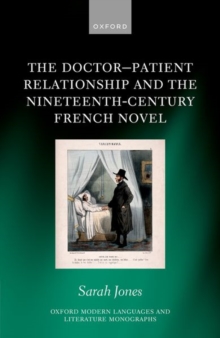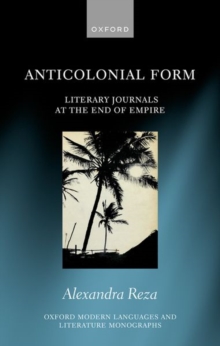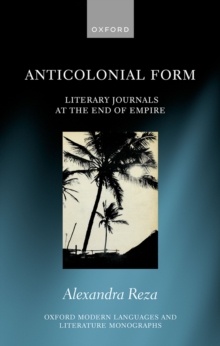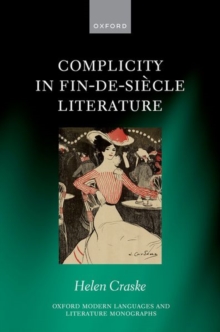
The Kaiserchronik : A Medieval Narrative PDF
by Alastair Matthews
Part of the Oxford Modern Languages and Literature Monographs series
Description
This book presents a narratological analysis of the Kaiserchronik, or chronicle of the emperors, the first verse chronicle to have been written in any European vernacular language, which provides an account of the Roman and Holy Roman emperors from the foundation of Rome to the eve of the Second Crusade.
Previous research has concentrated on the structure and sources of the work and emphasized its role as a Christian narrative of history, but this studyshows that the Kaiserchronik does not simply illustrate a didactic religious message: it also provides an example of how story-telling techniques in the vernacular were developed and explored in twelfth-century Germany.
Four aspects of narrative are described (time and space, motivation, perspective, andnarrative strands), each of which is examined with reference to the story of a particular emperor (Constantine the Great, Charlemagne, Otto the Great, and Henry IV).
Rather than imposing a single analytical framework on the Kaiserchronik, the book takes account of the fact that modern theory cannot always be applied directly to works from premodern periods: it draws critically on a variety of approaches, including those of Gérard Genette, Boris Uspensky, and Eberhard Lämmert. Throughout the book, the narrative techniques described are contextualized by means of comparisons with other texts in both Middle High German and Latin, making clear the place of the Kaiserchronik as a literary narrative in the twelfth century.
Information
-
Download - Immediately Available
- Format:PDF
- Publisher:OUP Oxford
- Publication Date:26/07/2012
- Category:
- ISBN:9780191631092
Other Formats
- Hardback from £140.00
Information
-
Download - Immediately Available
- Format:PDF
- Publisher:OUP Oxford
- Publication Date:26/07/2012
- Category:
- ISBN:9780191631092










